Endometriosis support helps teacher thrive
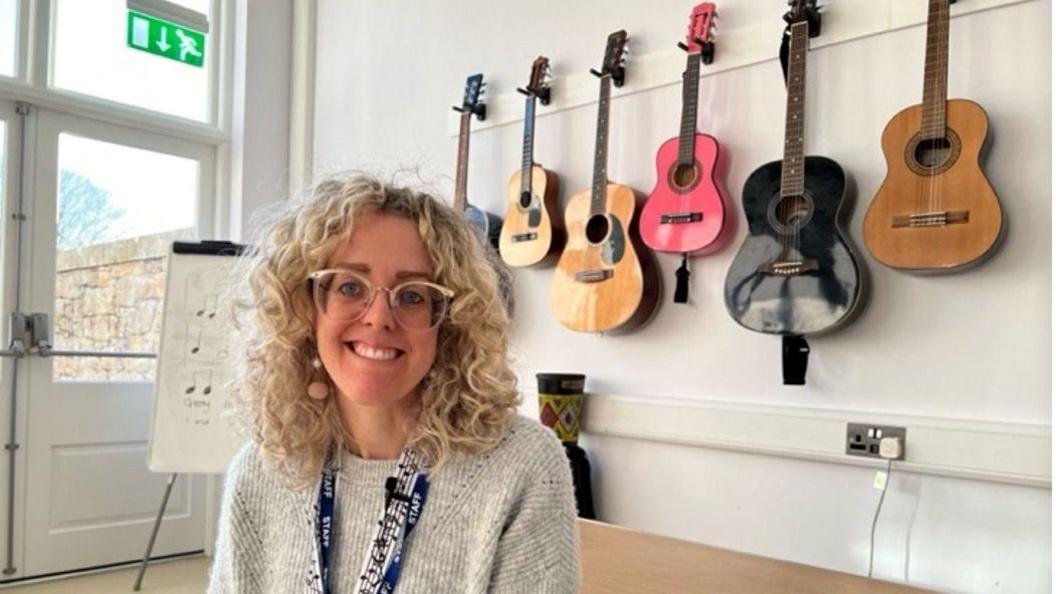
Rebecca Bailey says endometriosis has had a significant impact on her work life as a teacher
- Published
A woman with endometriosis has said support from her employer helped with her productivity and is calling on other bosses to be more aware of issues surrounding women's health.
Rebecca Bailey, a teacher at St Mary's Primary School, has had the condition for 20 years, suffering symptoms such as stabbing pains, nausea and being unable to walk - which have had a significant impact on her work life.
Her employer had a conversation about how best to support her and introduced greater flexibility into her role.
Mrs Bailey said: "I would love for other women to be able to experience the same that I've been able to experience and not have to struggle.
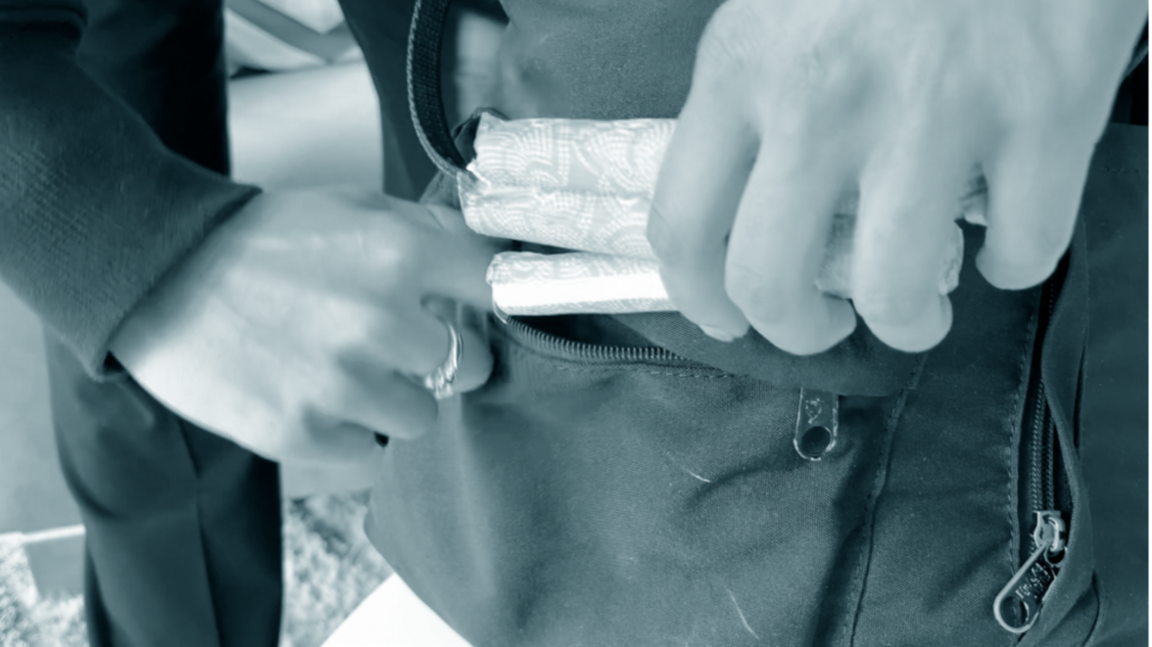
The law allows women with endometriosis to ask for adjustments such as flexible working and extra breaks
"I feel there needs to be a lot more education for employers, certainly on different women's health conditions like endometriosis."
Endometriosis, external can cause severe period pain, fatigue, and anxiety and can prevent women from doing normal day-to-day activities, according to the NHS, external.
Mrs Bailey said the continual headache and stabbing pains in her pelvic area often left her unable to sleep, irritable and unable to focus.
"A lot of medication didn't really touch the surface, didn't do anything," she said.
Jerseys Discrimination Law allows women with endometriosis to ask their employer for work adjustments such as flexible working and extra breaks.
Suffering at work previously left Mrs Bailey feeling "very alone, very misunderstood, very isolated", before receiving support from Maria Stegenwalner, headteacher at the school she now works at.
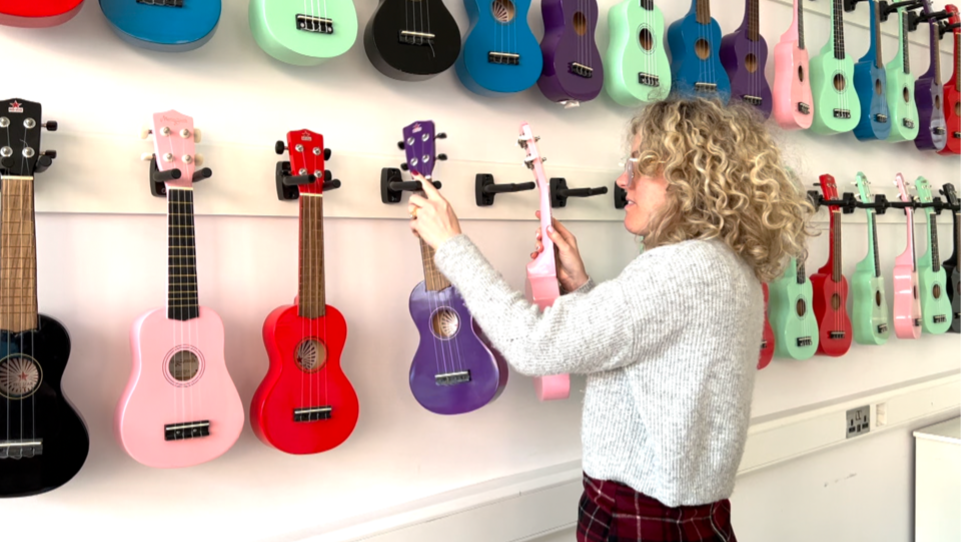
The flexible working policy helps facilitate and accommodate employee needs
Ms Stegenwalner said: "We don't have a period policy, per se, but we do have a flexible working policy and that gives us a facility to find out what each employee needs and see if we can accommodate it."
The flexible working policy was brought in by government in 2024, with the aim to ensure everyone is treated in a fair and equal way, free from discrimination and victimisation.
The policy allows changes to be made to contracted hours and it have the flexibility to go to the doctor or come in to work later.
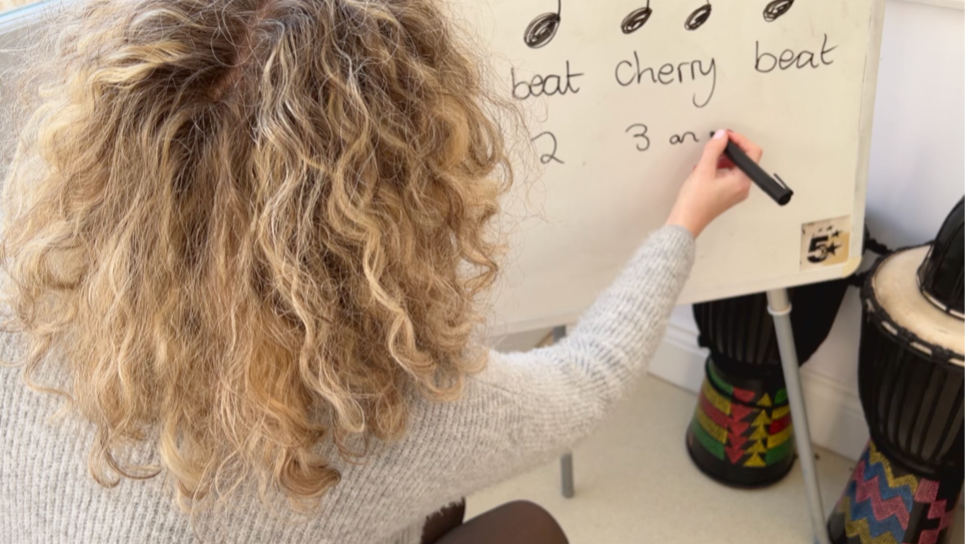
Mrs Bailey said support from her employer gave her more energy and focus at work
Out of fear of feeling embarrassed, about half of respondents to a UK survey said they never tell their manager their absence is related to their menstrual cycle, external, according to Chartered Institute of Personnel and Development.
Due to the support she received at work, Mrs Bailey said she went "from a place of survival, to a place of being more productive".
There are no current figures about endometriosis in the workplace for Jersey, but a survey by Bloody Good Period, external showed 89% of people who menstruate in the UK have experienced stress or anxiety at work because of their period.
Ms Stegenwalner said: "Women are becoming even more significant in the workplace than they have been up to now, in Jersey.
"We have a population of school leavers who go to university and they don't come back and so we're going to have to maximise what we can get from the men and the women who we've got on the Islands.
"Therefore I think having an understanding of women's health needs is vital."
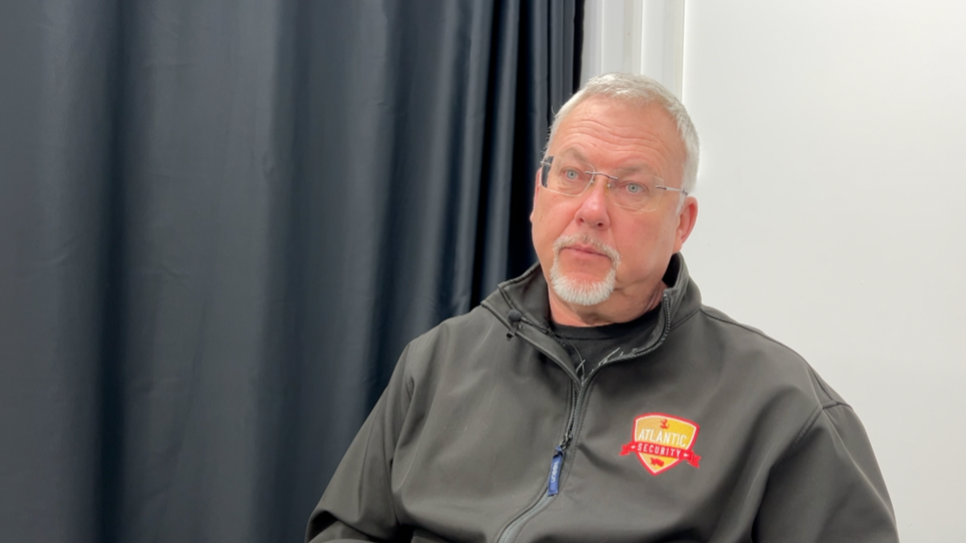
CEO and founder of Atlantic Security for Northern Lead and RJ Response, Rob Jackson, recognises his staff are his "most valuable asset"
CEO and founder of Atlantic Security for Northern Lead and RJ Response, Rob Jackson, has female staff in both his businesses and said he recognises that his employees are his "most valuable asset".
He has used the equivalent of a duvet day to support his employers who may have period-related conditions.
When supporting his staff through various health conditions he commented that his business has not "suffered because people have abused the system".
Follow BBC Jersey on X, external and Facebook, external. Send your story ideas to channel.islands@bbc.co.uk, external.
- Published24 December 2024
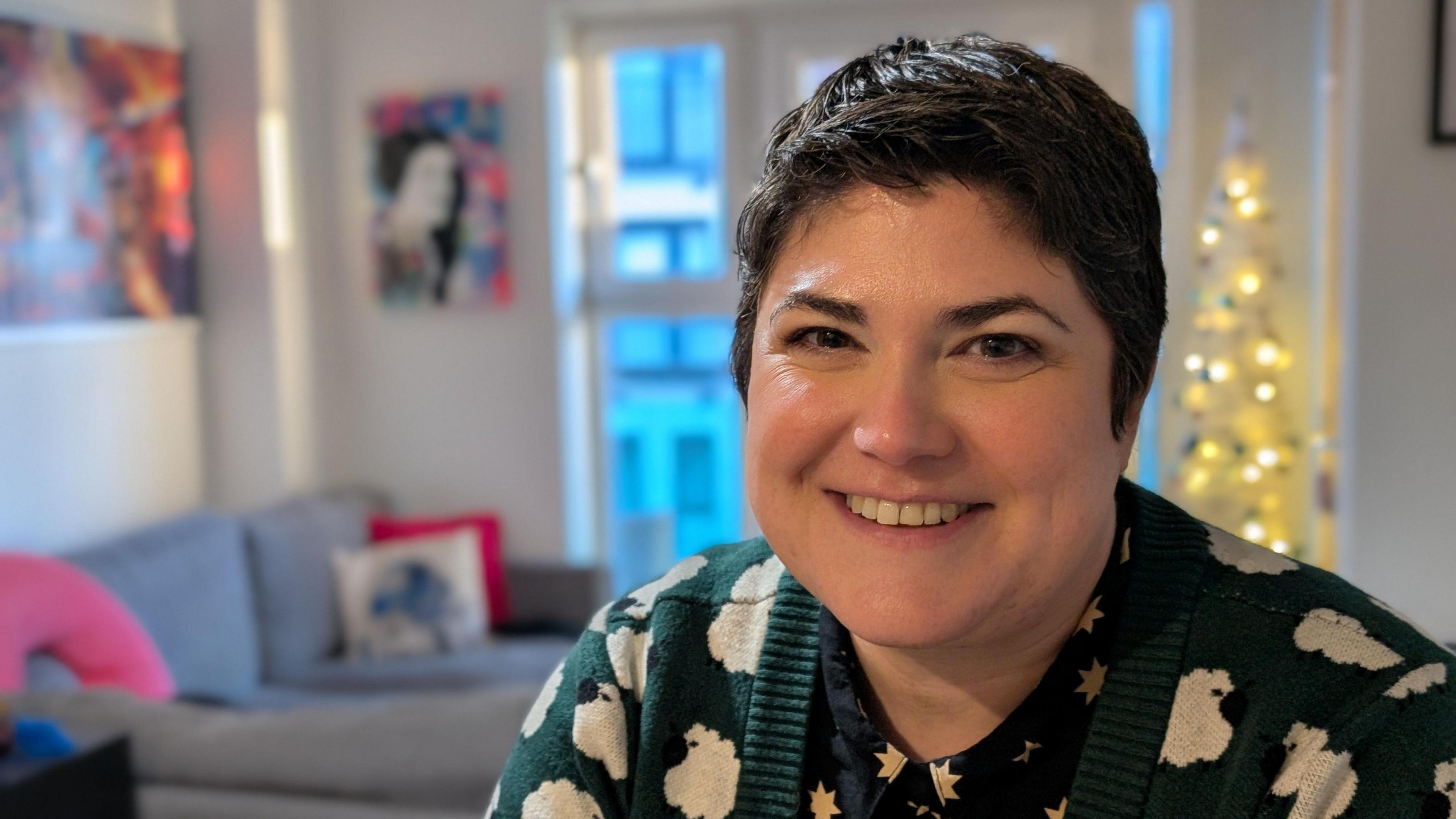
- Published20 September 2024

- Published19 December 2024
